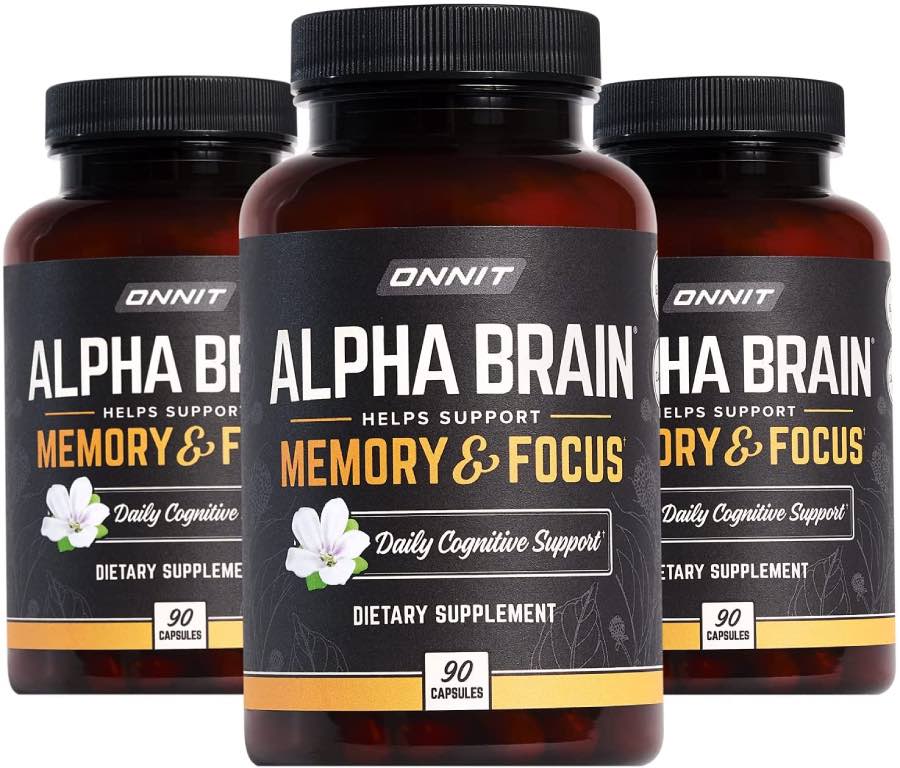Autism Therapy and LSD
[Please note that this page contains affiliate links. If you choose to purchase after clicking a link, I may receive a commission at no extra cost to you.]
Scientists have recently found the psychedelic Lysergic Acid Diethylamide (LSD) mechanism that has increased social interactions, which may work well for autism therapy.
LSD was legal and became very popular in the 1960s, it was used to expand consciousness, and today, it is again gaining popularity.
Autism Therapy for LSD
In addition, the new science of LSD has encouraged many new professionals to take microdoses to increase creativity and innovation. It is now showing in various but limited studies the potential for autism therapy.
LSD has been researched extensively since the early 1950s. The most famous experiments were the illegal MKUltra project conducted by the CIA during the 1950s.
According to the book Project Choas, they had a division of MKUltra called project Choas where they did experiments with Charles Manson. However, until recently, researchers were unsuccessful in the last 60 years in figuring out how LSD acts upon the brain.
Scientists from the McGill University in Montreal, Quebec, have revealed that LSD turns on the AMPHA receptors and the serotonin 5-HT2A receptors in the brain. When both receptors are turned on, it creates social interaction making it a helpful autism therapy.
Their study was published in PNAS, a scientific journal; the researchers administered a microdose of LSD to mice for a week straight and found that it caused a dramatic increase in their sociability.
LSD Effects on the Brain of Autistic Adults
Even though humans and mice behave differently, scientists have found that both parties gained enormous social behaviour and empathy, proving an effective autism therapy.
The purpose of the study was to determine why LSD causes the behavioural effect.
The study’s co-author, Professor Nahum Sonenberg, biochemistry department of McGill, said, “It was already well known that LSD binds the 5-HT2A receptor.”
“The uniqueness of the study is to have recognized that the prosocial properties of LSDactivate the 5-HT2 receptors, which then trigger the excitatory synapses of the AMPA receptor and the protein complex mTORC1.”
The previous work done by Prof Sonenberg looked at the brain pathways that are dysregulated in mental illnesses with social discrepancies, like autism spectrum disorder (ASD).
LSD Autism Studies
Next, the scientist will look to test LSD on mice that show behavioural discrepancies closely related to that found in human pathologies, like anxiety disorders and an autism spectrum disorder.
Then, McGill University says, “they will soon study whether micro-dosing LSD or something with a similar chemical structure may have a similar effect in humans and to test to see whether or not it is a safe and humane therapeutic alternative.”
“Social interaction is one of the most important features of human behaviour,” added the other author Dr. Gabriella Gobbi. She is a psychiatrist at McGill and a psychiatrist for the University Health Centre at McGill.
“These psychedelics, at low doses, can greatly increase sociability which could aid better to understand the neurobiology and pharmacology of social behaviour, and to create a class of safer drugs for mental health issues and a great autism therapy.”


